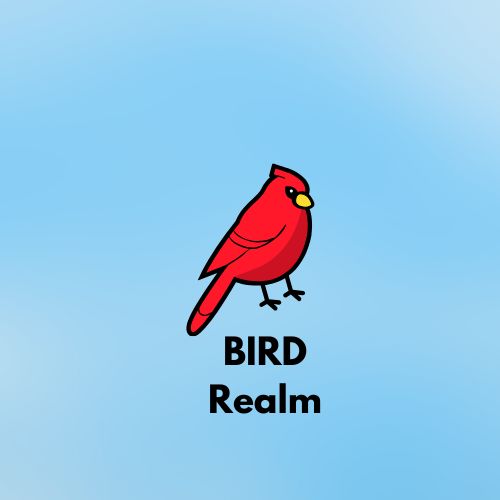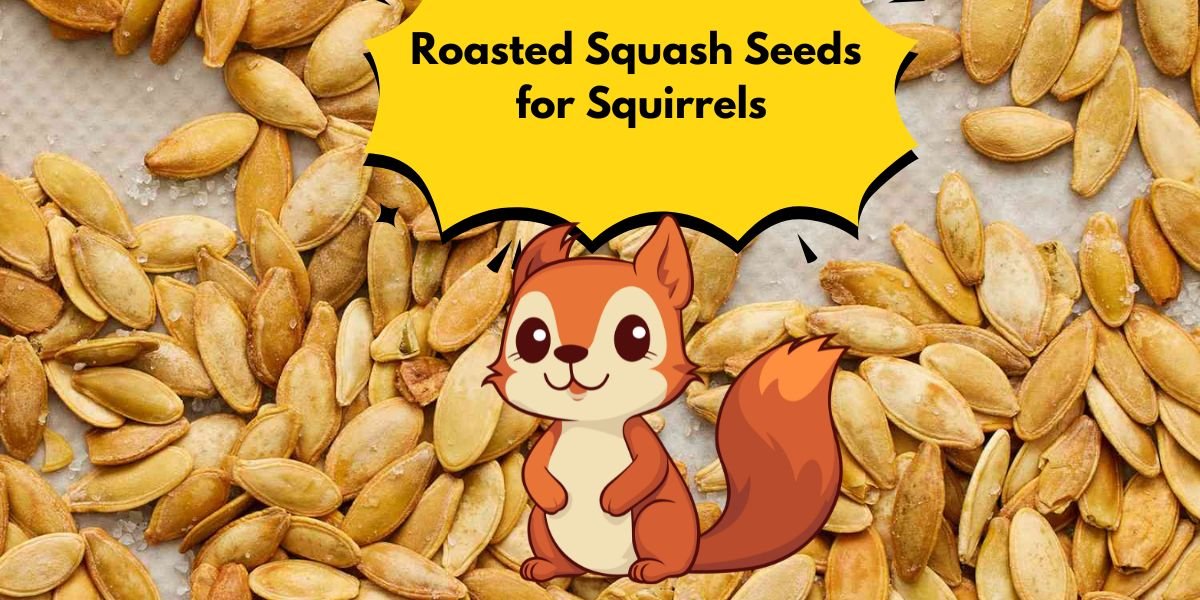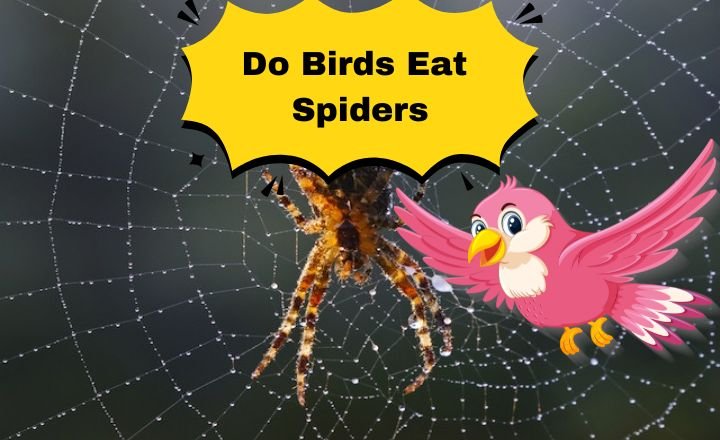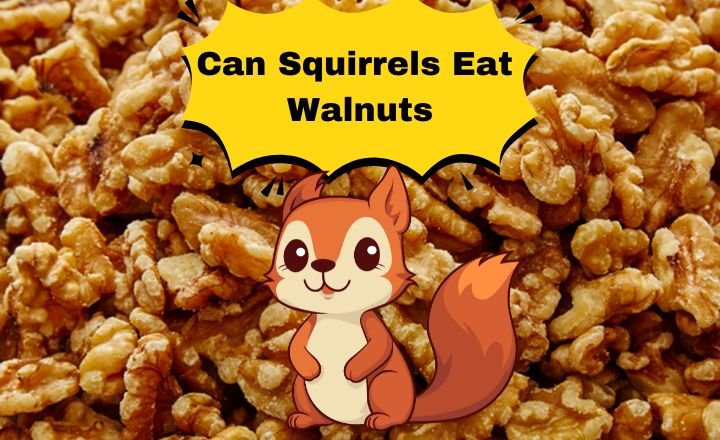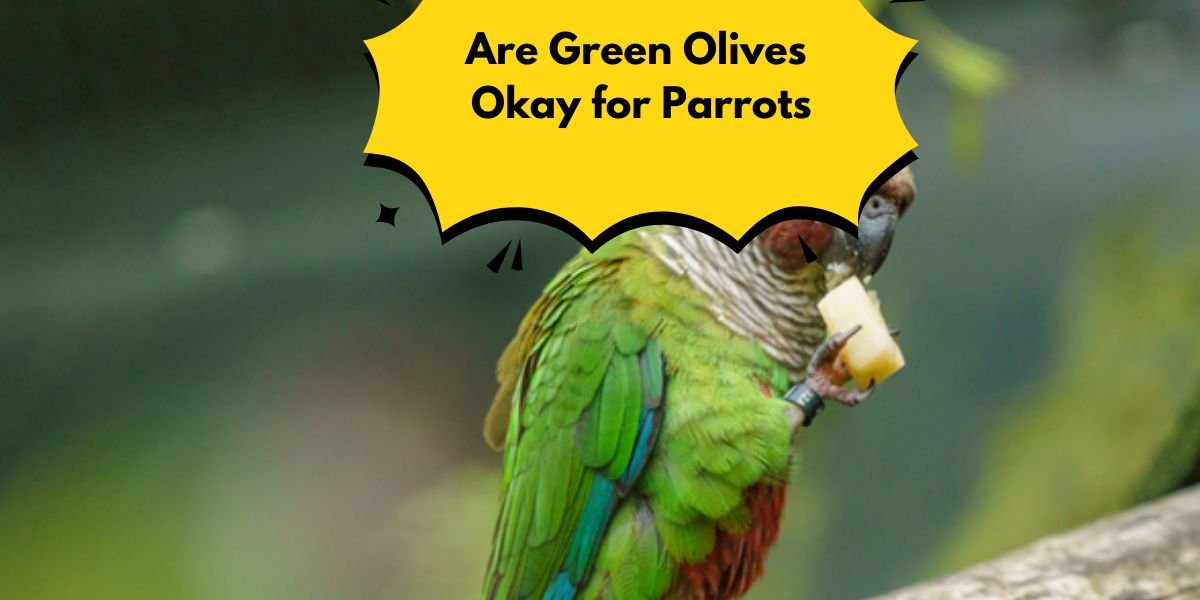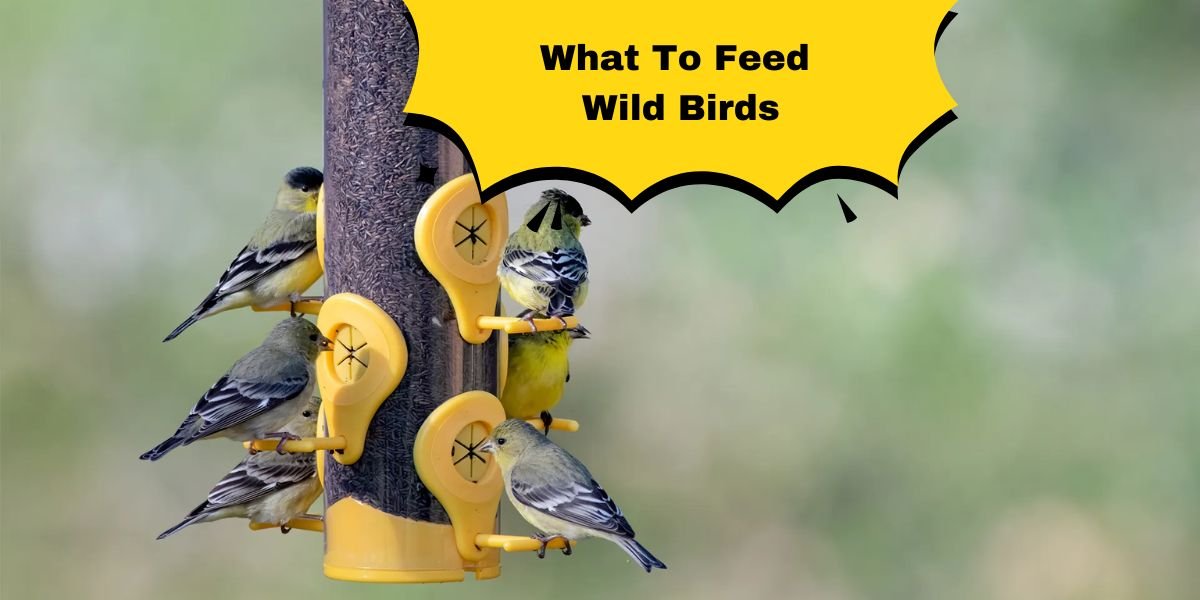Roasted Squash Seeds for Squirrels: A Complete Guide
Squirrels are curious, energetic, and opportunistic eaters. Whether in your backyard, garden, or local park, these little creatures are always on the lookout for food sources rich in nutrients and energy. One popular snack option that has gained attention among wildlife enthusiasts and backyard feeders is roasted squash seeds for squirrels.
These seeds, often discarded after cooking squash, can actually serve as a tasty and nutritious treat for squirrels. But before you start tossing them into your yard, it’s important to understand the nutritional value, preparation methods, and potential risks associated with roasted squash seeds.
This article will cover everything you need to know about offering roasted squash seeds to squirrels—along with their importance, types, advantages, disadvantages, and frequently asked questions.
Importance of Roasted Squash Seeds for Squirrels
Roasted squash seeds can be more than just a snack; they can contribute to a squirrel’s diet in meaningful ways.
Nutritional Value
- Protein: Helps with muscle repair and growth.
- Healthy fats: Provide energy for squirrels’ active lifestyles.
- Fiber: Aids in digestion.
- Minerals (zinc, magnesium, iron): Support immune function and overall health.
- Vitamins (Vitamin E, B-complex): Improve metabolism and cell health.
Seasonal Benefit
In autumn and winter, squirrels need higher fat and calorie intake to prepare for colder months. Seeds like roasted squash seeds can be an additional source of energy.
Waste-Free Feeding
Many households discard squash seeds after cooking. Instead of throwing them away, you can repurpose them as a natural snack for local wildlife. This reduces waste while benefiting squirrels.
Types of Squash Seeds That Squirrels Can Eat
Not all squash seeds are the same, and understanding the varieties can help you determine which ones are best for squirrels.
Pumpkin Seeds
Pumpkin seeds are the most common type of squash seeds fed to wildlife. They are larger, packed with nutrients, and often enjoyed by squirrels in raw or roasted form.
Butternut Squash Seeds
These seeds are slightly smaller but still highly nutritious. Squirrels can easily crack through their shells and consume them roasted or raw.
Acorn Squash Seeds
Acorn squash seeds are smaller and tender, making them an easy option for squirrels to chew and digest.
Spaghetti Squash Seeds
These seeds are similar in size to pumpkin seeds and contain similar nutritional benefits.
Zucchini Seeds (Summer Squash)
Though technically part of the squash family, zucchini seeds are softer and smaller, often better eaten raw than roasted.
Advantages of Feeding Roasted Squash Seeds to Squirrels
1. Nutrient-Dense Snack
Roasted squash seeds contain essential nutrients that support energy, growth, and immune health in squirrels.
2. Natural Energy Source
Squirrels are highly active, especially during fall when gathering food. Seeds provide them with long-lasting energy.
3. Promotes Natural Foraging
By scattering roasted squash seeds in your backyard, you encourage squirrels to engage in natural foraging behavior.
4. Eco-Friendly Option
Feeding leftover seeds prevents food waste, turning kitchen scraps into wildlife-friendly nutrition.
5. Variety in Diet
Offering roasted squash seeds adds diversity to a squirrel’s diet, which is important for balanced nutrition.
Disadvantages of Feeding Roasted Squash Seeds to Squirrels
While roasted squash seeds can be beneficial, there are potential downsides to consider.
1. Salt and Seasoning Risk
If the seeds are roasted with salt, oil, or seasoning, they can be harmful to squirrels. Salt may cause dehydration and other health issues. Always serve plain, unsalted roasted seeds.
2. Overfeeding Concerns
Seeds are calorie-dense, and overfeeding them may cause obesity or nutritional imbalance in squirrels.
3. Choking Hazard
Larger seeds, especially pumpkin seeds, can pose a choking risk if not chewed properly.
4. Dependency on Human Food
If squirrels become accustomed to being fed, they may depend on human-provided food instead of natural foraging.
5. Mold Growth Risk
Improperly stored roasted seeds can develop mold, which is toxic to squirrels. Always check for freshness before offering seeds.
Best Practices for Preparing Roasted Squash Seeds for Squirrels
Step 1: Collect the Seeds
After cooking squash, scoop out the seeds and wash them thoroughly to remove pulp and residue.
Step 2: Dry the Seeds
Spread them out on a baking sheet and let them air dry before roasting.
Step 3: Roast Without Salt or Oil
Place the seeds in the oven at 250–300°F (120–150°C) for about 15–20 minutes. Avoid adding oil, salt, or spices.
Step 4: Cool Before Serving
Allow the seeds to cool completely before offering them to squirrels.
Step 5: Store Properly
Keep extra roasted seeds in an airtight container to prevent spoilage.
Alternative Treats for Squirrels
If you’d like to offer more than just roasted squash seeds, here are some healthy alternatives:
Other seeds (sunflower seeds, safflower seeds)
Nuts (unsalted peanuts, walnuts, pecans, hazelnuts)
Fruits (apple slices, grapes, berries)
Vegetables (carrots, corn, leafy greens)
Conclusion
Feeding roasted squash seeds to squirrels is a simple, eco-friendly way to provide them with a nutritious snack while reducing kitchen waste. These seeds are rich in protein, healthy fats, vitamins, and minerals that support squirrels’ energy needs—especially during colder months. However, moderation is key. Avoid seasoning, store seeds properly, and only feed them occasionally to prevent over-dependence or health risks.
By following the right steps and understanding the pros and cons, you can enjoy watching your backyard squirrels relish roasted squash seeds while contributing positively to their health and environment.
FAQs
1. Can squirrels eat roasted squash seeds safely?
Yes, squirrels can safely eat roasted squash seeds as long as they are plain, unsalted, and unseasoned.
2. Do squirrels prefer raw or roasted squash seeds?
Squirrels generally enjoy both. However, roasting makes the seeds more palatable and easier to digest if done correctly.
3. Are salted squash seeds harmful to squirrels?
Yes, salted seeds can cause dehydration, kidney stress, and health problems in squirrels. Always avoid seasoning.
4. How often should I feed roasted squash seeds to squirrels?
Treat roasted squash seeds as an occasional snack, not a daily staple. A small handful once or twice a week is enough.
5. Can baby squirrels eat roasted squash seeds?
No, baby squirrels should not eat roasted squash seeds. Their diet mainly consists of mother’s milk or specially formulated squirrel milk replacer.
6. Can roasted squash seeds go bad?
Yes, they can spoil if stored improperly. Always check for mold or rancid smells before feeding.
7. Do roasted squash seeds attract other animals?
Yes, birds, chipmunks, and other rodents may also be attracted to them, so expect some competition.
